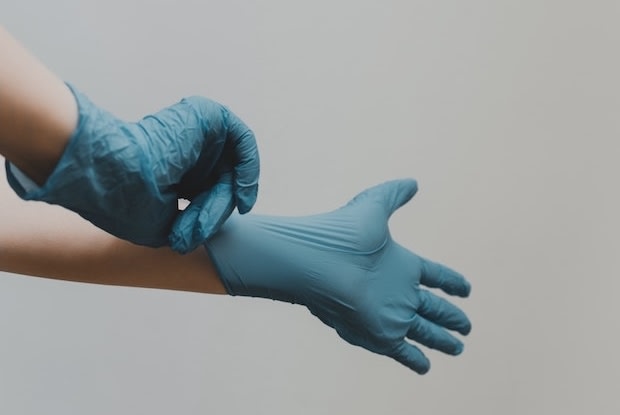Table of Contents
III. Risk of Premature Delivery
IV. Preventing Long-term Complications
Urinary tract infections (UTIs) occur when bacteria, viruses, or fungi enter the urinary system through the urethra. Both men and women can contract UTIs, but women are much more likely to experience this condition. A woman’s urethra is both shorter and closer to the rectum than a man’s urethra, which makes it easier for bacteria from the rectum to reach the urethra and the bladder. An enlarged prostate or a urine retention condition known as a neurogenic bladder can also cause UTIs in men. [1]
Untreated UTIs can lead to health problems in the long term. These health problems can range from mild to severe, life-threatening complications. The potential dangers of untreated UTIs mean that you should always seek treatment as soon as possible.
Antibiotics for UTIs are often prescribed for bacterial infection symptoms. Common antibiotics include cephalexin, levofloxacin, and retapamulin. Read on to learn more about the potential long-term complications of urinary infections. [2]
When an infection in the urinary system goes untreated for too long, there is the risk that the infection can spread into the bloodstream (sepsis). This is one of the most dangerous complications of UTIs. According to studies, patients who experience septic shock have a 50 percent mortality rate. [3] Sepsis can also cause small blood clots throughout the body, which can prevent oxygen and nutrients from reaching vital organs. As a result, organ failure and tissue death (gangrene) may occur. [4] You may have sepsis if you have an infection combined with one or more of the following symptoms: If you are diagnosed with sepsis, your doctor will likely examine you for symptoms of severe sepsis. Severe sepsis occurs when there is organ failure. Symptoms of severe sepsis include: Bacteria can enter the kidneys through the urinary tract, so kidney infections are a common complication of urinary tract infections. Your kidneys play a crucial role in the body by filtering waste products from your bloodstream. An infection can cause the kidneys to fail. Without working kidneys, the prognosis is grim. Kidney infections can cause the following symptoms: Roughly one out of every 30 urinary tract infections will lead to a kidney infection. [6] Kidney infections require prompt treatment to avoid permanent kidney damage. Early treatment of kidney infections will give you a better chance of avoiding kidney failure and sepsis. [5] Poor nutrition, smoking, and excess alcohol consumption are risk factors for a premature birth. An abnormal uterus or a weakened cervix can also contribute to this risk. But a urinary tract infection that leads to a kidney infection can significantly increase a woman’s likelihood of premature labor. An infant born early may have a higher risk of several medical problems, such as: Infants who are born prematurely may need intensive care to monitor any life-threatening conditions like lung or brain hemorrhage, low blood sugar, and pneumonia. To prevent long-term disabilities in an infant, pregnant women should seek treatment for UTIs without delay. Talk to your doctor today about treatment plans for urinary infections. [7] Early treatment for UTIs cannot be stressed enough. Urinary tract infections can cause painful symptoms and typically won’t go away without treatment with antibiotics. Along with a customized treatment plan, there are several things you can do to prevent long-term UTI complications. If you at risk of UTIs, try the following practices: By treating an infection early, following through with your treatment plan, and taking preventive steps, you will have a good chance at preventing recurring UTIs and health complications. The content in this article is intended for informational purposes only. This website does not provide medical advice. In all circumstances, you should always seek the advice of your physician and/or other qualified health professionals(s) for drug, medical condition, or treatment advice. The content provided on this website is not a substitute for professional medical advice, diagnosis, or treatment.
UTIs and Sepsis

Permanent Kidney Damage
Risk of Premature Delivery

Preventing Long-term Complications
